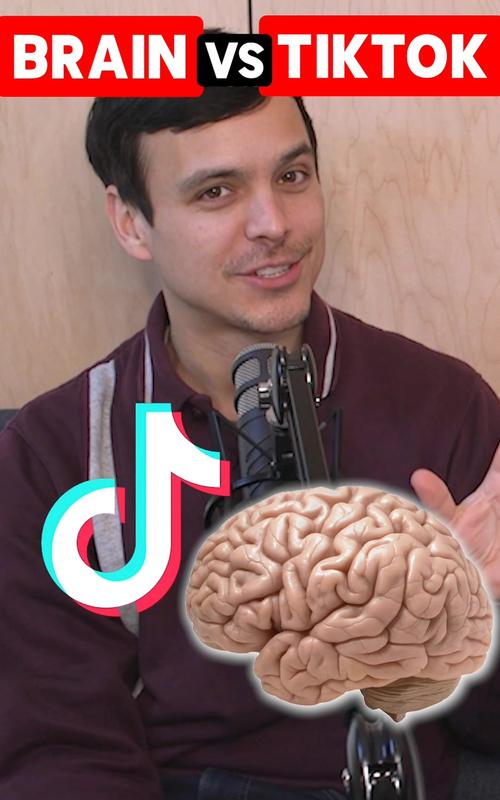
How TikTok Affects Your Brain
TikTok has exploded in popularity over the past few years, with millions of users scrolling through short videos on a daily basis. While the app can be entertaining and addictive, it's important to consider how this constant exposure to content can affect your brain.
Short Attention Span
One of the biggest impacts of TikTok on the brain is its ability to shorten attention spans. With videos lasting only a few seconds to a minute, users are constantly swiping and looking for the next piece of content. This can lead to a decreased ability to focus for extended periods of time.
Reward System
Another way TikTok affects the brain is through its reward system. When users receive likes and comments on their videos, it triggers the release of dopamine, a chemical that makes us feel good. This can lead to a cycle of seeking validation through the app, which can be detrimental to mental health.
Comparison and Self-Esteem
Constantly seeing curated and edited content on TikTok can also have negative effects on self-esteem. Users may compare their lives to the highlight reels they see on the app, leading to feelings of inadequacy and low self-esteem.
Biased Information
Lastly, TikTok's algorithm has been criticized for creating echo chambers and spreading biased information. This can lead to users being exposed to misinformation and developing skewed perspectives on certain topics, further affecting their cognitive processes.
In Conclusion
While TikTok can be a fun and entertaining app, it's important to be mindful of how it can affect your brain. It's crucial to take breaks, limit screen time, and be aware of the potential negative impacts on your mental health. Finding a balance and being critical of the content you consume is key to minimizing the negative effects of TikTok on your brain.
